Hummus clay is a whitish greasy clay, which is widely used in hygiene and cosmetics. Hummus is called healing clay because besides being a cosmetic, it is a universal drug that is widely used in non-traditional medicine. Nowadays, the use of hummus in medicine is considered one of the best and safest detoxifying therapies.
Very few people know that hummus has been used in the past as a remedy for dysentery, cholera and various inflammations. Another interesting fact is that sick animals prefer to drink water from areas where the soil is clayey and transmits the healing properties to the water.
Types of hummus clay
Green hummus - owes its colour to iron oxide. It is further comprised of potassium carbonate, calcium, manganese, phosphorus, zinc, aluminium, molybdenum, manganese, cobalt. Some of the minerals that make up the green clay, are about 13% aluminium, 50% silicon dioxide and 15% other minerals, such as copper, gold, silver, and heavy metals.
White hummus - its composition is similar to that of green hummus, but is characterized by the presence of trace elements. Beneficial properties of white hummus were described by Hippocrates. Since then, it has been an essential ingredient of health masks. White hummus is rich in zinc, magnesium and silica. White clay has essential regenerating properties.
Yellow hummus - Eliminates toxins from the body and saturates the skin with oxygen. It is exceptionally rich in potassium, iron and other minerals. Extremely suitable for lifeless and loose skin, whether it is oily or normal.
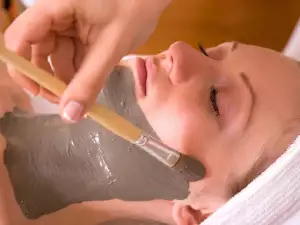
Red hummus - the color of red hummus is due to a combination of copper and iron dioxide. It is not as useful as white and green masks, but in contrast, is very suitable for the iron deficiency anaemia through internal use. A mask with red hummus has the ability to restore skin radiance.
Pink hummus - softens the skin and restores its lost glory. Extremely suitable for sensitive and delicate skin. Contains many trace elements.
Blue hummus - can be used for all skin types. Enriches the skin with oxygen.
Grey hummus - very good moisturizing and toning properties. Very suitable for dry, sensitive, dehydrated and sensitive skin. With regular use softens skin and its beautiful luster returns.
Selecting and storing hummus
There are several deposits of hummus in many places, so if possible, it is best to get your own. However, factory packed hummus has its advantages - it is clean and fresh from impurities, but also very well crushed. Hummus can be purchased from pharmacies and specialized stores.

Hummus should not be stored in metal containers and should not come into contact with any metal objects that can change its chemical composition. A few days before being used, hummus should be exposed to air and direct sunlight.
Benefits of hummus
Hummus is one of the best natural remedies for internal treatment, having been used since ancient times. It absorbs toxins and pathogenic microbes. It's been established as a great remedy for varicose veins, spinal disc herniation, tendinitis, sinusitis, colitis, boils, swelling, sprained and burned areas, insect bites, headaches, inflammation. It absorbs toxins in the stomach and intestines and makes them completely harmless, which has been shown in laboratory experiments.
Compresses of hummus have a very good effect on varicose veins. The legs must be treated for 10 or so days. Diseased areas may be lubricated with ointment made of equal parts of pork lard and hummus. Massages with hummus and honey regenerate the skin, clear toxins and restore the body's energy.
A good prophylactic before breakfast is to drink water with hummus. To this end, 1 cup of water is dissolved with 1 teaspoon of hummus. After the hummus settles, drink only the clear water. Hummus with water is recommended when one has psoriasis, in which case you drink the hummus too.
Solution of 1-2 tsp of hummus in 2/5 cup (100 ml) of water is a very good remedy for sore gums and periodontal problems. Hummus has a good effect on dandruff. For therapeutic purpose, hummus clay is allowed to stand in the water until it dissolves well and forms a thorough mixture. This is applied to the hair. Sleep with it in and in the morning, wash your hair with water only.

Hummus in cosmetics
Hummus is an essential ingredient in face masks. In the past, it has been primarily a means for washing hair and skin. Washing with hummus not only nourishes and strengthens hair, but ideally removes all accumulated dirt.
Furthermore, hummus is one of the most effective means for relieving oily hair. It retrieves collected sebum without irritating the skin, and thus does not produce the effect of aggressive shampoos - namely more oil.
When washing your hair, mix hummus with apple vinegar to form a thick paste. Add a few drops of essential oil of sage and apply the mixture to the hair. After 20-odd minutes, rinse thoroughly.
If you have dry hair, ready a classical base for washing, with vinegar and hummus, but add one egg yolk to it too. Leave on for 20 minutes and rinse.
Hummus is not entirely suitable for dyed hair because the colour washes away very quickly with it.
Toning mask - 4 tablespoons of hummus are poured over fresh warm milk or warm water to form a mixture. Apply on face and neck, cover the face with a piece of nylon, in which there are pre-cut holes for the eyes, mouth and nose.
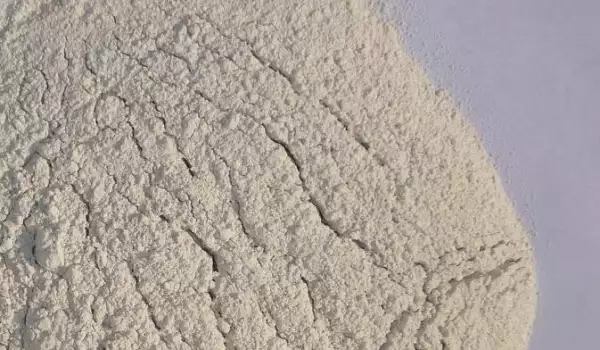
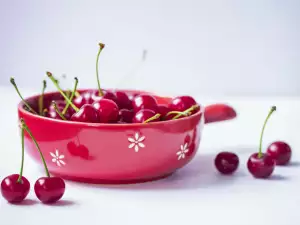
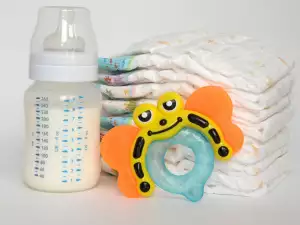
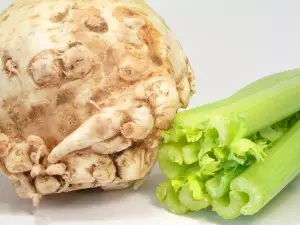


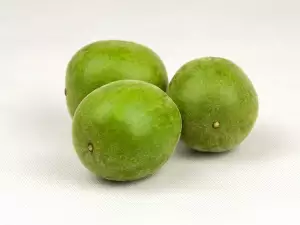

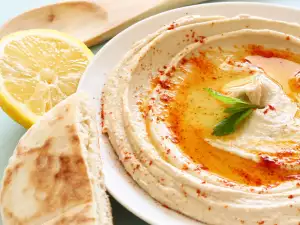
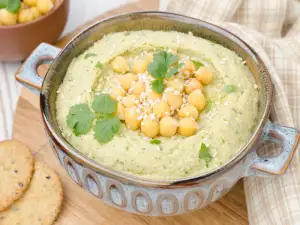









Comments